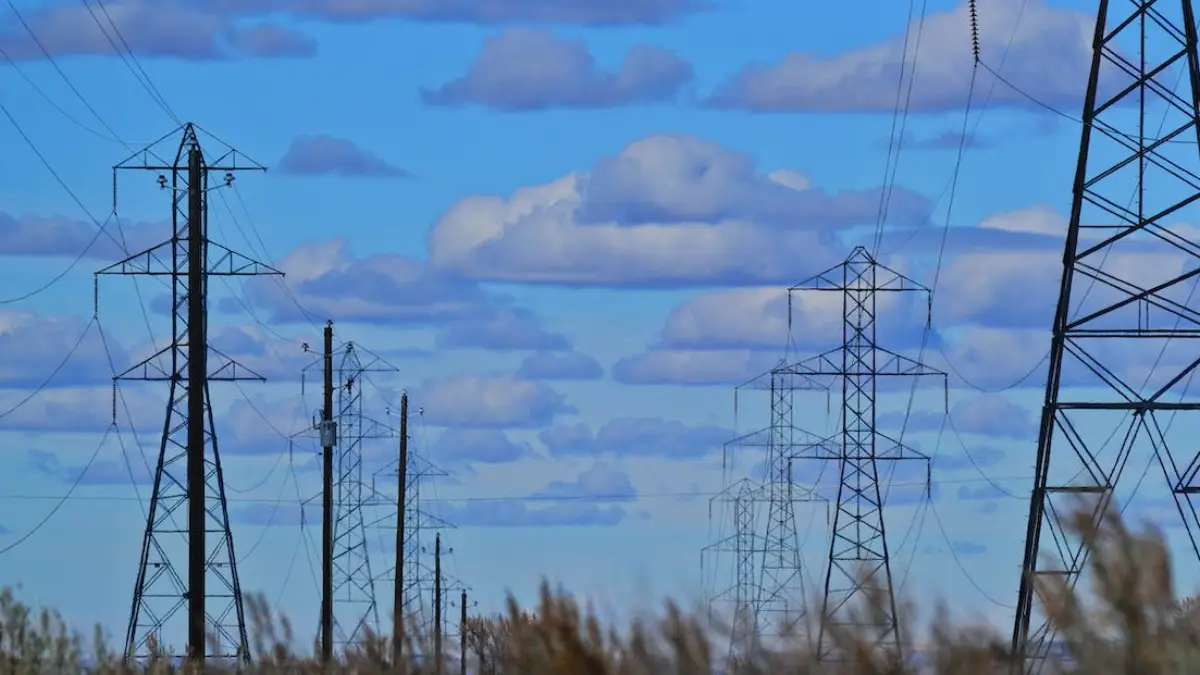Introduction:
Russia’s much-anticipated lunar mission, the Luna-25, has faced a major setback as the spacecraft crashed into the moon’s surface. This incident marks a significant failure in Russia’s efforts to reinvigorate its space exploration activities and compete on the global stage.
Failed Lunar Mission Details:
The Luna-25, intended to make a historic landing on the moon’s south pole, was expected to assert Russia’s presence in the modern space race, with India as a prominent contender. However, the mission took a tragic turn when the state space corporation, Roskosmos, reported an “abnormal situation” during an attempt to adjust the craft’s trajectory for landing on Saturday, resulting in an unforeseen collision with the lunar surface.
Mission Status and Analysis:
Roskosmos confirmed the unfortunate outcome, stating that the spacecraft “ceased to exist” following the impact. While specialists are currently investigating the incident, no further updates have been provided. The intricate flight control system of the Luna-25 was reportedly a critical concern, undergoing multiple revisions to ensure its stability.
Historical Context:
The failure of the Luna-25 mission underscores the challenges that Russia’s space program has faced in recent years. This event is in stark contrast to Russia’s significant achievements during the Cold War era, when it was at the forefront of space exploration, launching the first satellite, Sputnik 1, and sending the first human, Yuri Gagarin, into space.
Luna-25’s Significance and Impact:
Luna-25 was a pivotal attempt by Russia to regain its foothold in space exploration. The mission aimed to perform a soft landing on the moon’s south pole, potentially revealing valuable insights about the moon’s composition and resources. This setback raises questions about Russia’s ability to participate in advanced lunar endeavors alongside global space powers like China and the United States.
Race Against Time and Competitors:
The incident comes as Russia finds itself racing against India’s Chandrayaan-3 mission, scheduled for a lunar landing in the same region. The failure also underscores the broader competition Russia faces in the lunar exploration arena, with China and the United States aggressively pursuing ambitious lunar projects.
Economic and Geopolitical Implications:
The failed mission adds pressure to Russia’s economy, already grappling with international sanctions linked to the conflict in Ukraine. The country’s high-technology sectors, including space exploration, play a vital role in shaping its global standing and economic stability.
Conclusion:
The Luna-25 mission’s crash represents a significant setback for Russia’s efforts to regain prominence in space exploration. As specialists work to determine the causes of the failure, the incident highlights the technical complexities and challenges inherent in modern space missions. Russia’s space program must now address these setbacks to reclaim its position as a leader in space exploration.









